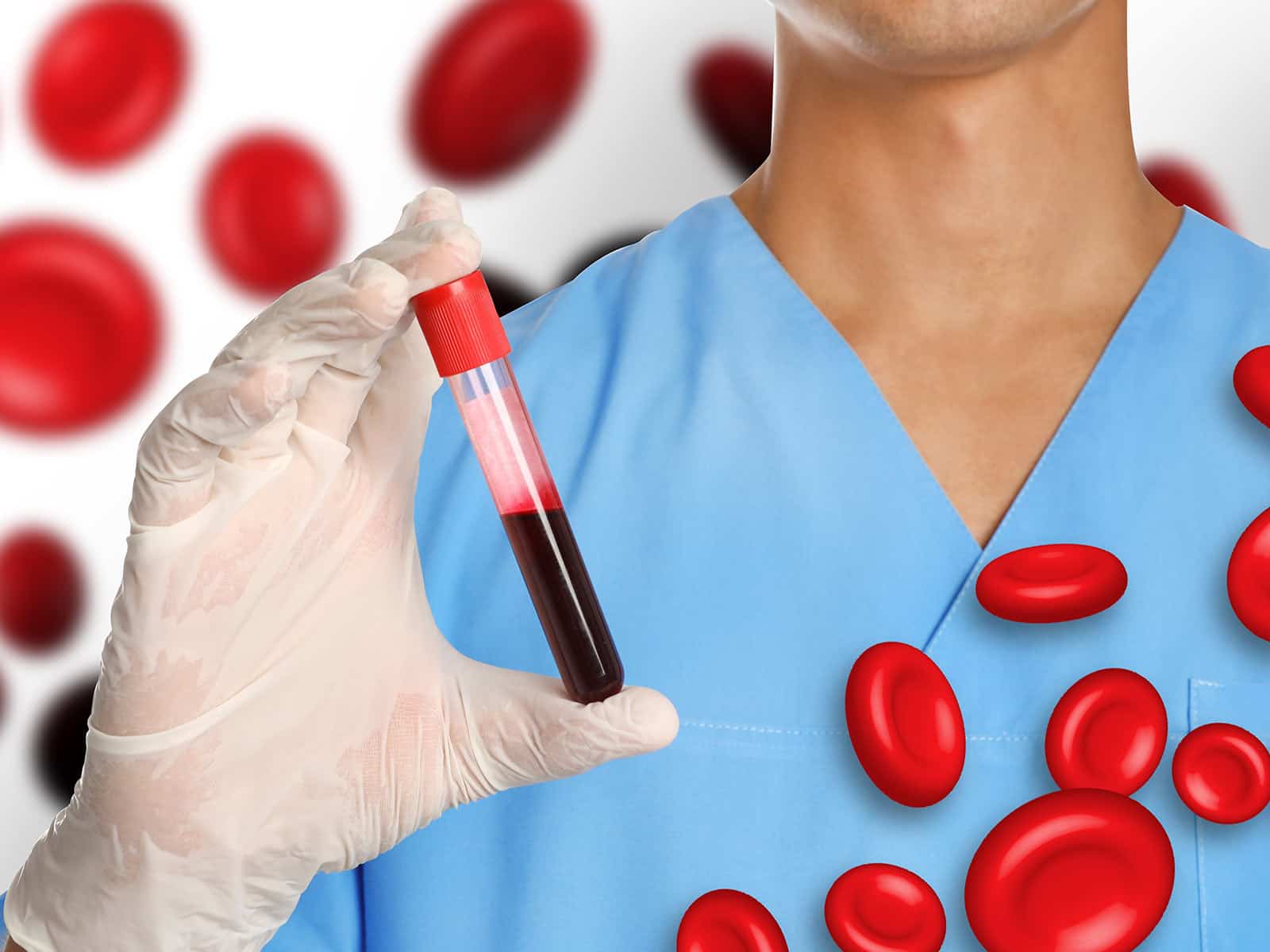
Portal hypertension is whereby blood pressure increases in portal vein, which is the vessel that takes blood through your stomach, intestines and spleen to the liver. Should the liver be sluggishened by scar tissue or any other obstruction to the blood, pressure will back up forcing the rerouting to lead into the small veins which cannot transport the blood in large amounts.
Early on, portal hypertension may cause few signs, but as pressure mounts you may notice:
Several conditions can impede portal blood flow and raise pressure:
In Jersey Village, GastroDoxs offers the services of liver specialists whose board certification is given through combining leading diagnostics with individual approaches to treating portal hypertension. HVPG testing and ultrasound monitoring, medication management, and interventional procedures are only some of the areas we take you through. Our health lives depend on our liver, so do not wait to take care of your liver, rather, book today and we can help you overcome and restore your sanity.
We've successfully treated more than 1.5K patients, helping individuals improve their digestive health and overall well-being through expert, personalized care.
With over 20 years of experience, GastroDoxs has been a trusted provider of gastroenterology care, focusing on delivering the best outcomes for patients
The diagnosis of portal hypertension is made using a combination of blood tests, abdominal ultrasound, endoscopy to examine varices, and measuring the hepatic venous pressure gradient (HVPG) to directly assess pressure in the liver.
Yes. Portal hypertension can occur without cirrhosis if there are blockages, blood clots in the portal vein, or other vascular and liver conditions that interfere with normal liver blood flow.
Esophageal varices are dilated veins in the lining of the esophagus that develop when blood flow is forced to bypass the high-pressure portal vein. They can cause life-threatening bleeding if they rupture.
The hepatic venous pressure gradient (HVPG) test measures liver pressure by passing a catheter through a liver vein to assess the pressure difference between the portal vein and inferior vena cava.
Key lifestyle modifications include following a low-sodium diet to reduce fluid retention, avoiding alcohol, maintaining a healthy weight, and following any additional dietary guidance recommended by your care team.
Ultrasound is useful for tracking spleen size, liver blood flow, and the presence of ascites, though additional tests such as HVPG may be needed for a complete evaluation.
Nonselective beta-blockers like propranolol or nadolol are commonly used to reduce portal pressure and lower the risk of variceal bleeding.
While portal hypertension indicates advanced liver disease, managing the pressure and related complications can help protect the liver and minimize the risk of liver failure.
Follow-up frequency depends on disease stability. In most cases, visits every three to six months are beneficial to monitor the condition and adjust treatment as needed.
Visiting a local GastroDoxs specialist in Jersey Village offers faster appointments, personalized follow-up care, and access to physicians familiar with your medical history and community-specific needs.